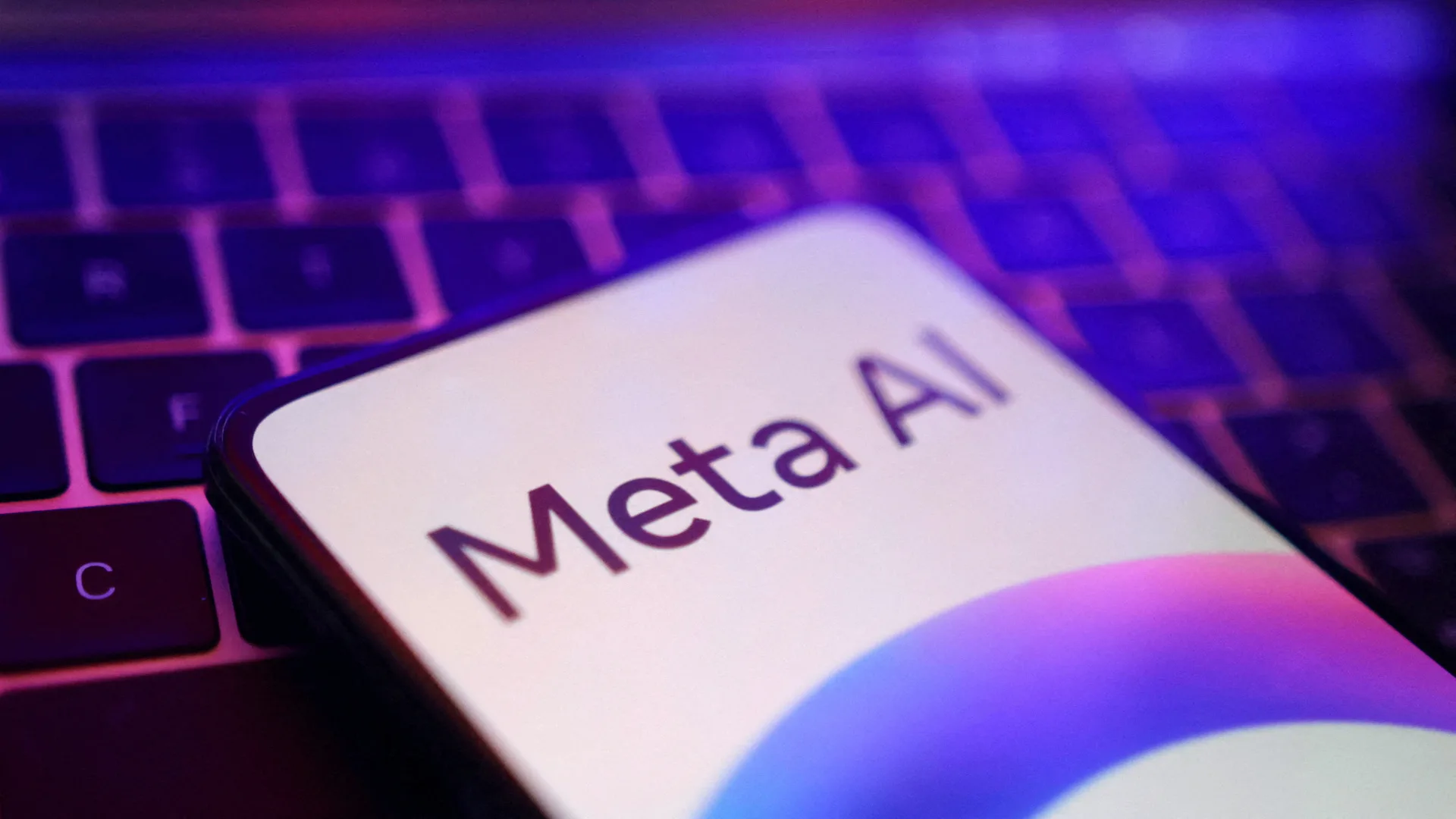New Delhi — A new front has opened in the global race for artificial intelligence (AI). Social media giant Meta is preparing to build chatbots tailored to local languages and cultures, with a particular focus on massive digital markets like India.
With U.S. contractors being offered $55 (approx. ₹4,600) per hour, the company is seeking experts who not only have technical skills but also deep experience in storytelling, character creation, and prompt engineering. The demand underscores Meta’s ambition: to create digital “personalities” that feel less like machines and more like human companions.
Algoritha: The Most Trusted Name in BFSI Investigations and DFIR Services
Why India Is at the Center
India is home to hundreds of millions of WhatsApp and Instagram users. For Meta, launching Hindi-speaking chatbots means more than just improved user engagement it also represents a direct acceleration of revenue from ads and services.
The company’s goal is clear: users should interact with these bots as if they were chatting with a local friend or acquaintance.
Zuckerberg’s Larger Vision
Mark Zuckerberg’s vision is to take AI chatbots beyond tools and embed them into everyday life. He believes they could soon evolve into advisors, companions, and daily assistants.
This is not Meta’s first experiment. In 2023, the company launched bots based on celebrities like Kendall Jenner and Snoop Dogg, but those fizzled out quickly. In 2024, Meta rolled out AI Studio, allowing ordinary users to create their own chatbots a step toward personalization.
Challenges and Controversies
History shows the path is far from smooth. U.S. senators have already questioned Meta about chatbots accused of leaking sensitive data and generating inappropriate content.
In Indonesia and the U.S., controversial characters like “Russian Girl” and “Lonely Woman” damaged the company’s image. This time, Meta is betting on local writers, cultural experts, and linguistic creators, recognizing that cultural authenticity, not just technical accuracy, will define success.
Cyber expert and former IPS officer Prof. Triveni Singh cautioned:
“Localizing AI chatbots will certainly benefit companies, but the biggest challenges will be user data security and preventing fake narratives. If launched without strict oversight, these bots could deepen problems of misinformation, fraud, and cultural bias. Companies must invest in ethical and legal frameworks before racing ahead with technological innovation.”



